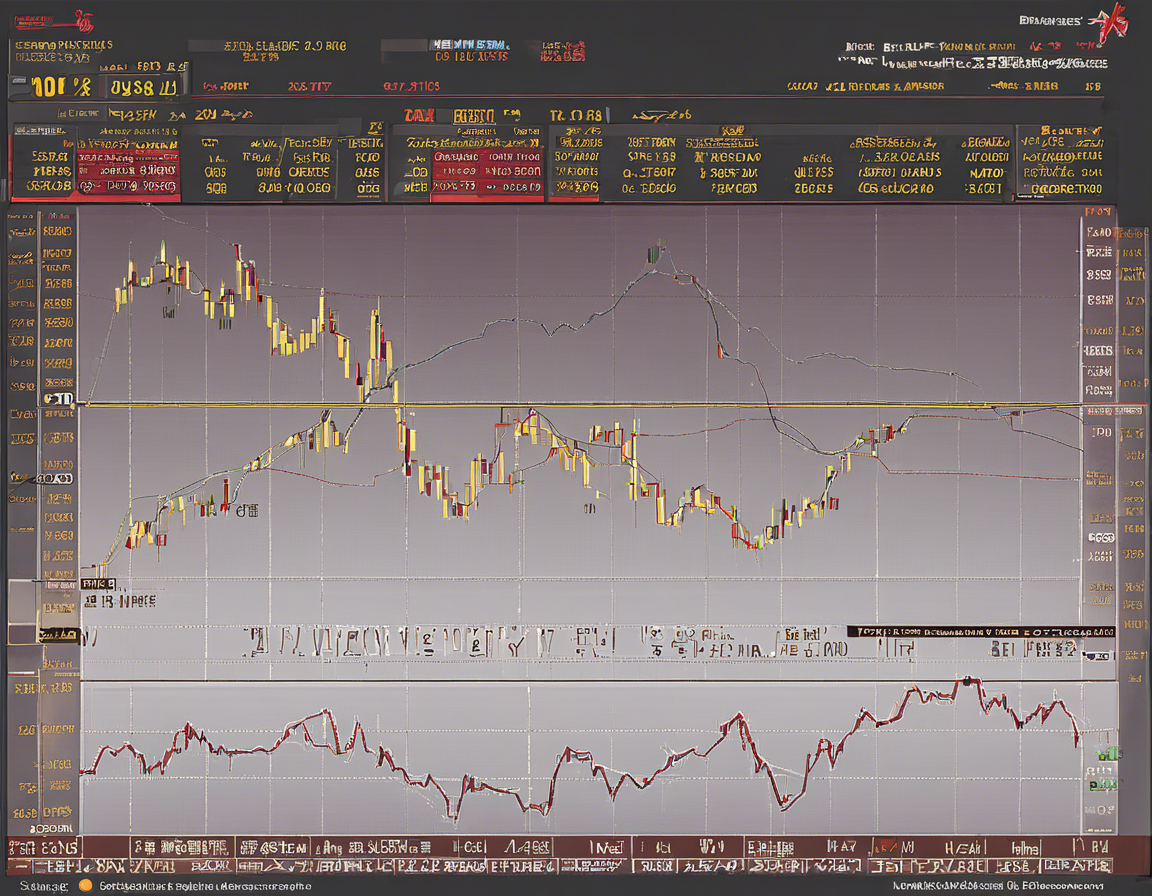Introduction
JP Associates, also known as Jaiprakash Associates Limited, is an Indian conglomerate in the infrastructure, construction, and real estate sectors. The company has been a prominent player in the Indian market, with its share price being closely followed by investors and analysts alike. Analyzing JP Associates share price trends can provide valuable insights into the company’s performance, market sentiment, and potential investment opportunities. In this article, we will delve into the factors that influence JP Associates share price, key metrics to consider when analyzing its trends, and some common questions investors may have about the company.
Factors Influencing JP Associates Share Price
Several factors can influence the JP Associates share price, including:
-
Industry Trends: Market conditions and trends in the infrastructure and construction sectors can have a significant impact on JP Associates share price. Positive industry growth prospects can drive investor confidence and lead to an increase in share price.
-
Company Performance: Key financial indicators such as revenue growth, profitability, debt levels, and cash flow can affect JP Associates share price. Positive earnings reports and strong operational performance often result in a higher share price.
-
Market Sentiment: Investor perception, news, and market rumors can impact JP Associates share price. Positive media coverage or favorable analyst reports can drive share prices higher, while negative sentiment can lead to a decline.
-
Regulatory Environment: Changes in government policies, regulations, or legal issues can influence JP Associates share price. Regulatory challenges or compliance issues can have a negative impact on the company’s stock performance.
Key Metrics for Analyzing JP Associates Share Price Trends
When analyzing JP Associates share price trends, investors should consider the following key metrics:
-
Price-to-Earnings (P/E) Ratio: The P/E ratio indicates the company’s valuation relative to its earnings. A high P/E ratio may suggest that the stock is overvalued, while a low P/E ratio could indicate undervaluation.
-
Debt-to-Equity Ratio: The debt-to-equity ratio reflects the company’s leverage and financial risk. A high ratio may indicate that JP Associates relies heavily on debt financing, which could impact its share price during economic downturns.
-
Revenue Growth: Increasing revenue is a positive sign of business growth and market demand. Consistent revenue growth can attract investors and drive JP Associates share price higher.
-
Operating Margin: The operating margin shows the company’s profitability and efficiency in managing costs. A higher operating margin indicates that JP Associates is earning more per dollar of sales, which can positively impact its share price.
-
Return on Equity (ROE): ROE measures the company’s profitability relative to shareholder equity. A high ROE indicates that JP Associates is generating strong returns for its investors, which can lead to a higher share price.
Frequently Asked Questions (FAQs)
-
Q: What is the current share price of JP Associates?
A: The current share price of JP Associates is [insert current price]. -
Q: How has JP Associates performed compared to its competitors in the industry?
A: JP Associates’ performance can be benchmarked against its industry peers based on factors such as revenue growth, profitability, and market share. -
Q: What are some recent developments or news that have impacted JP Associates’ share price?
A: Recent developments such as new project announcements, financial results, management changes, or regulatory issues can influence JP Associates’ share price. -
Q: What is the outlook for JP Associates’ share price in the short term?
A: Short-term price movements can be influenced by market sentiment, industry trends, and company-specific news. Conducting thorough research and analysis can help investors make informed decisions. -
Q: Does JP Associates pay dividends to its shareholders?
A: JP Associates’ dividend policy, if any, can impact investor sentiment and share price performance. Dividend payouts are often indicative of a company’s financial health and stability.
In conclusion, analyzing JP Associates share price trends requires a comprehensive understanding of the factors that influence its performance, key metrics for evaluation, and staying informed about industry news and developments. By conducting thorough research and due diligence, investors can make informed decisions regarding JP Associates as a potential investment opportunity.
